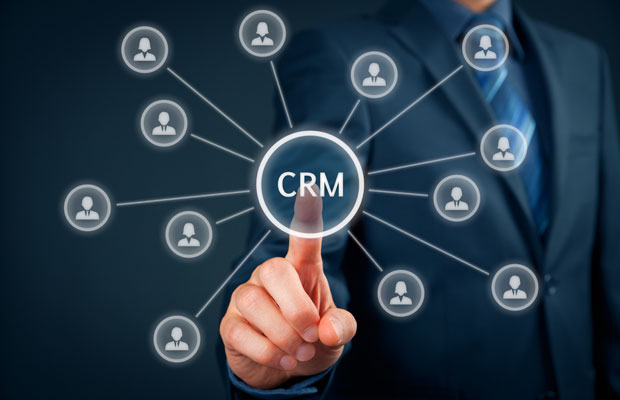Matt Price is Zendesk’s senior vice president of emerging businesses.
In this exclusive interview, CRM Buyer discusses with Price the way social, mobile and millennials are changing CRM.

CRM Buyer: What do you see as the most important trends in CRM right now?
Matt Price:
The big megatrends are the rise of the millennials, the rise of the promoter economy, and the rise of the conscious consumer. The “R” in CRM is relationship, and all of these things impact how we develop relationships with our customers. We’re moving beyond a series of transactions to relationships.
Even 10 years ago with traditional CRM, it was really down to the customer’s financial transaction history and the notes that the CSR rep put in the customer record. What’s interesting now is the level of context that you can get through digital channels to offer better service.
Understanding the context of the customer is valuable. There’s a huge amount of information that can improve service. In response to these megatrends, you need to unleash service everywhere and unlock sales data. A lot of what we see is the blurred lines between service, sales and marketing.
CRM Buyer: What impact will these trends have on CRM?
Price:
The millennial impact is a big driver. It wasn’t long ago that CRM meant salesforce automation. Now your interactions are so much more digital-based. They can be within an application, by social, by email or through messaging.
Meeting customers where they are and being able to offer contextual services is important, and being able to transfer to different channels is important. Service isn’t just the act of sale. If you talk to a buyer, they want service right from the beginning and all the way through. The question becomes, how do you offer service all the way through the journey?
CRM Buyer: Why do you think millennials are having such a significant effect?
Price:
Millennials have evolved in a world in which there’s an expectation of them selecting the channel in which they operate. Millennials are interested in purpose — and the bigger picture as to what’s happening. Buying from companies is more than just a transaction.
Also, we’ve seen how companies can get punished for dishonesty. Honesty is a currency that’s as strong as the dollar.
CRM Buyer: You’ve touched on it a little already, but could you develop more how social media is changing the way CRM is practiced?
Price:
Social originally started out as a voice for the customer, an ability for the customer to opt in and contact companies. We’ve seen a blurring of lines between social and messaging. A messaging stream is an ongoing dialogue, without a necessary beginning and end.
Messaging is a conversation. When does service begin and end? That has an impact on service metrics. You can’t say when an interaction is completed or ended. Organizations need to change the way they behave in social channels.
CRM Buyer: What about mobile?
Price:
Mobile is all about putting service where the customer is. People don’t want to leave their app to get help. You can drop service right where the customer is.
If you start a chat within an app, you don’t necessarily want to stay in that context. People like to context-switch very quickly, from email to Facebook, for instance.
I don’t want to stay in one app to wait for service to come back to me. Mobile is service everywhere, but it’s important to make that seamless for the customer.
CRM Buyer: Given all the rising interest in social and mobile CRM, what’s in the future for this industry?
Price:
A lot of the trends we’ve identified are going to mature. We’re going to see a major swing from synchronous to asynchronous challenges, such as from email to live chat. Companies are going to need to significantly retool and reorganize their staff.
We’re going to see a blurring between automated service and human-based service. We’ll really be learning some lessons about how humans and bots blend. This is at the forefront of where businesses are. The ones that figure it out and are agile are going to have a competitive advantage.
CRM Buyer: How can companies adapt to these changes?
Price:
Growth doesn’t come without pain. The challenge is to beware of the shiny object, but don’t ignore it. Don’t try to roll out a new channel all at once. Figure out how you can organize and incubate that channel and learn about it and understand when you can be ready to graduate that into the mainstream.
That can apply to anything — new products, service interaction, marketing programs. I see a lot of mistakes from companies that go mainstream too quickly.
CRM Buyer: If you were to use one word to describe the CRM of the future, what would it be?
Price:
It’s super-exciting. We’re at the forefront of these massive demographic changes, technology changes, the real adoption of mobile, machine learning. All of those things are coming together and impacting customer relationships. We’re only just starting to see the impact of all of these.
























































